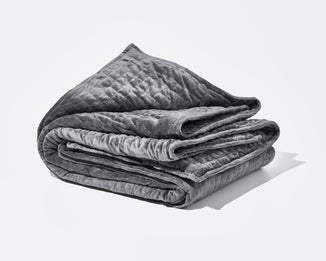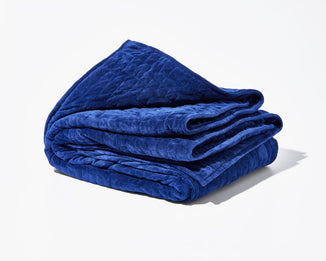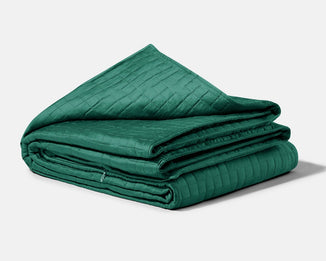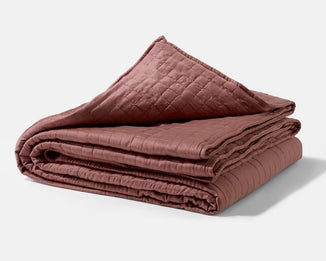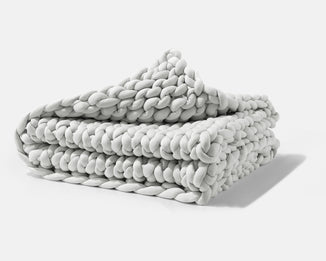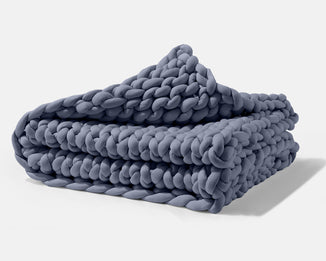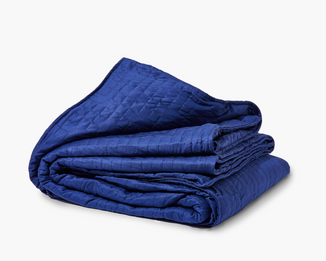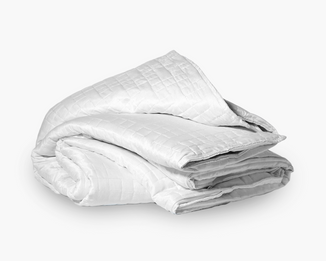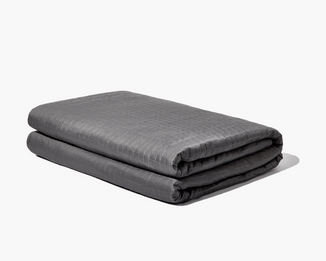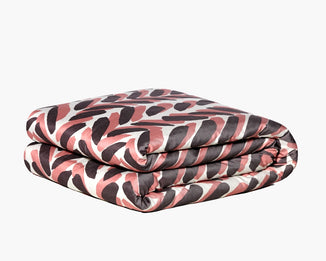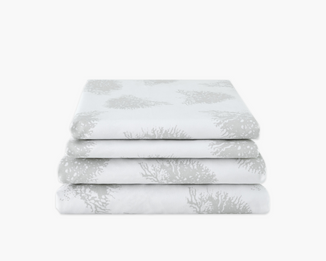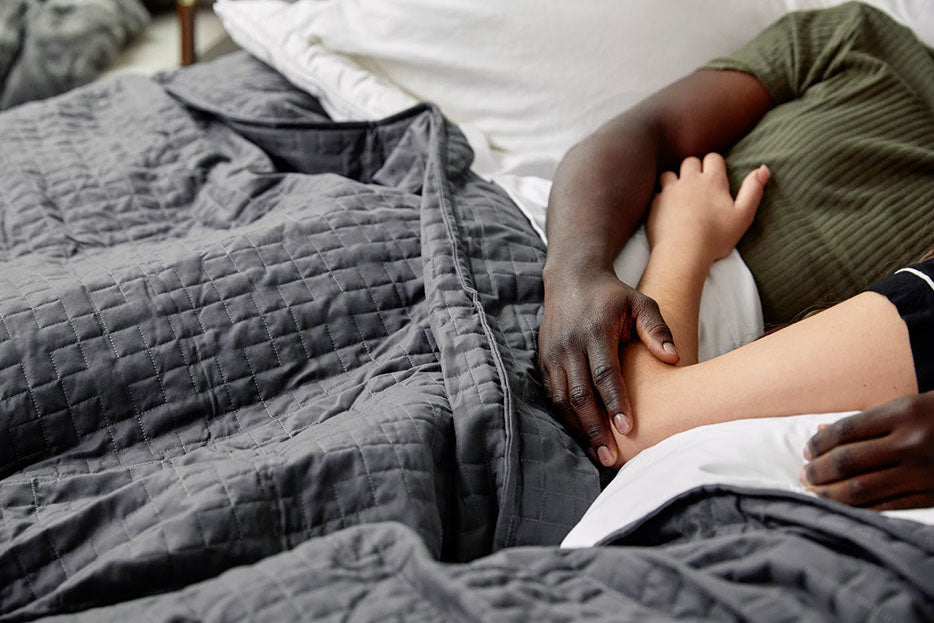
May 13, 2021
How to Prevent Night Sweats
You’ve probably experienced night sweats — aka, excessive sweating at night — at some point in your life. Perhaps you slept under one too many blankets or forgot to turn down the thermostat before you crawled into bed. Or maybe you’re just a hot sleeper who constantly kicks off your covers during the night.
In any case, waking up to drenched sheets can be pretty frustrating. The good news is that there are a few steps you can take to reduce the amount that you sweat at night. Below, learn more about night sweats and get tips on how to stay cool and dry at night.
What Causes Night Sweats?
It’s not uncommon for people to bring the issue of night sweats up to their doctor. In fact, a 2002 study of more than 2,000 primary care practice offices found that 41 percent of patients reported experiencing night sweats within the last month.
Some common causes of night sweats include:
- Spicy food or hot drinks
- Hot weather or an overheated bedroom
- Sleeping under an excessive number of blankets
- Exercising before bed
Night sweats can also be caused by underlying medical conditions, including:
- Infections
- Thyroid disease and disorders
- Anxiety
- Diabetes
- Menopause
- Lymphoma
- Human immunodeficiency virus (HIV)
- Tuberculosis
- Idiopathic hyperhidrosis (chronic sweating)
- Hormone disorders
Fortunately, most cases of night sweats are nothing to worry about. Still, if your night sweats are persistent, it doesn’t hurt to make an appointment with your doctor to rule out serious causes.

How to Prevent Night Sweats
If you’re tired of waking up to damp sheets and clammy skin, don’t worry. There are plenty of easy things you can do to help reduce night sweats. Here are a few tried and true ways to prevent night sweats from robbing you of a good night’s sleep.
- Rethink Your Diet – Bad news, spicy food lovers: Your diet may be to blame for your night sweats. Hot, spicy foods like peppers contain capsaicin, a chemical that tricks your brain into thinking it’s overheating — hence, the waterworks at night. If you want a sweat-free slumber, try eating spicy foods earlier in the day. While you’re at it, limit your alcohol intake. Not only can alcohol trigger night sweats, but it can also disrupt your rapid eye movement (REM) sleep, which is the most restorative stage of sleep.
- Try a Cooling Weighted Blanket – Anxiety is another sneaky cause of night sweats. When you’re feeling anxious or stressed, your body tends to release adrenaline, cortisol and other stress hormones that send your sweat glands into overdrive. If you’re experiencing anxiety at night, try winding down with a cooling weighted blanket. These therapeutic blankets use the power of deep pressure stimulation to decrease cortisol and put your body into a state of calm, making you sweat less and sleep more soundly.
- Adjust the Temperature – Turning the thermostat down by a few degrees can go a long way in helping you stay dry at night. According to the experts, the ideal room temperature for sleep is somewhere between 60 and 67 degrees Fahrenheit. If you run hot, try keeping the thermostat closer on the low end of this range.
- Choose Breathable Bedding – If you’re a sweaty sleeper, breathable bedding is a must-have for a good night’s rest. When shopping for bed sheets, look for a set made from breathable fabrics — like our soft and silky bamboo sheets. Bamboo fabric is naturally breathable and has moisture-wicking abilities, so even if you do sweat during the night, you’ll dry fairly quickly. Cotton is another highly-breathable fabric that is great for sweaty sleepers. If you’re using a weighted blanket for sleep, our cotton weighted blanket cover is ideal for slipping into a sweat-free slumber.
- Avoid Exercise Before Bed – While exercise improves sleep for many people, working out too close to your bedtime can have the opposite effect. Exercising temporarily raises your core body temperature, which may contribute to night sweats. For optimal sleep, work out at least two hours before bedtime.

- Drink Cold Water – Drinking cold water before bedtime can cool your body down, making you less likely to sweat at night. If plain water is too bland for you, try adding some lemon to give it a healthy flavor.
The Takeaway
We all sweat — some people just do it more than others. If you’re a sweaty sleeper, these tips can help you get better quality sleep by helping you stay cool and dry. But if the problem persists, make an appointment to see your doctor.
Your use of this website, its content, and any products obtained through this website is at your own risk. This website, its content, and any products obtained through this website are provided on an “as is” basis, without any warranties of any kind, either express or implied, including warranties of merchantability, infringement of intellectual property, or fitness for any particular purposes. No warranty or representation is made with respect to the completeness, reliability, quality, or accuracy of this website or its content. This website, its content, and any products obtained through this website do not constitute medical treatment and is not a substitute for a medical examination or diagnosis. If you are dealing with a health condition check with your health care provider before using. This website may contain affiliate links that allow us to earn a commission on purchases made through such links. We may accept forms of advertising or sponsorships in connection with this website. There might also be paid topic insertions. We may accept and keep free products, services, and other forms of compensation from others.
